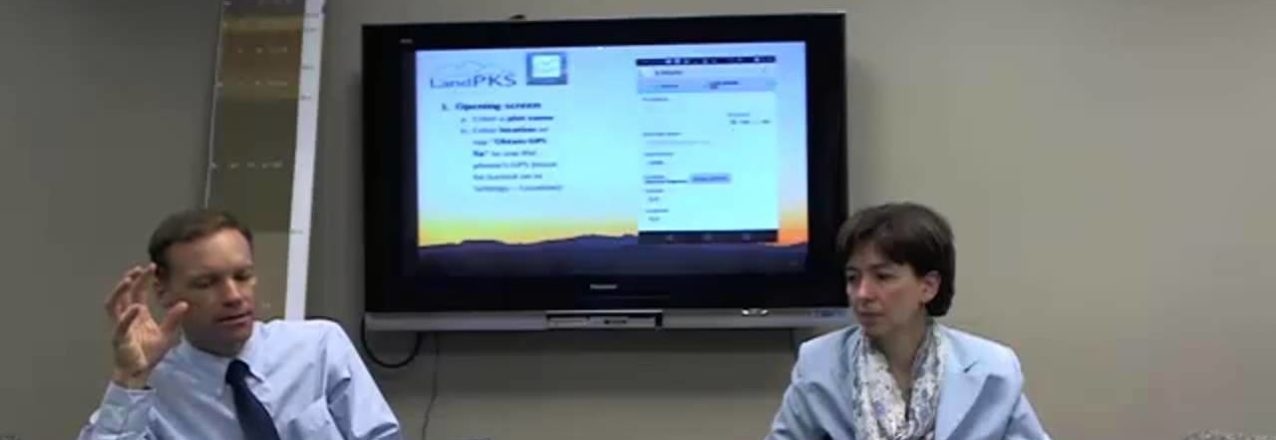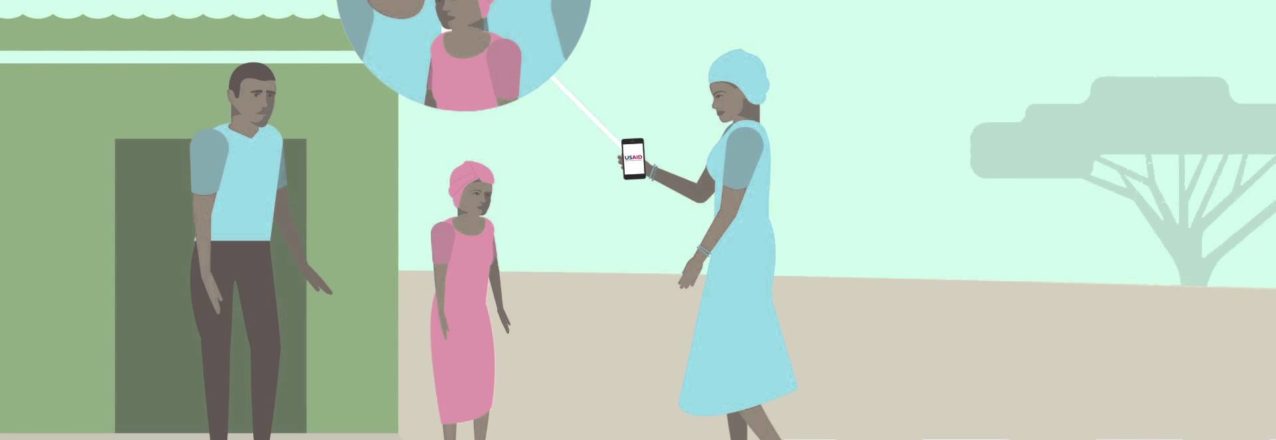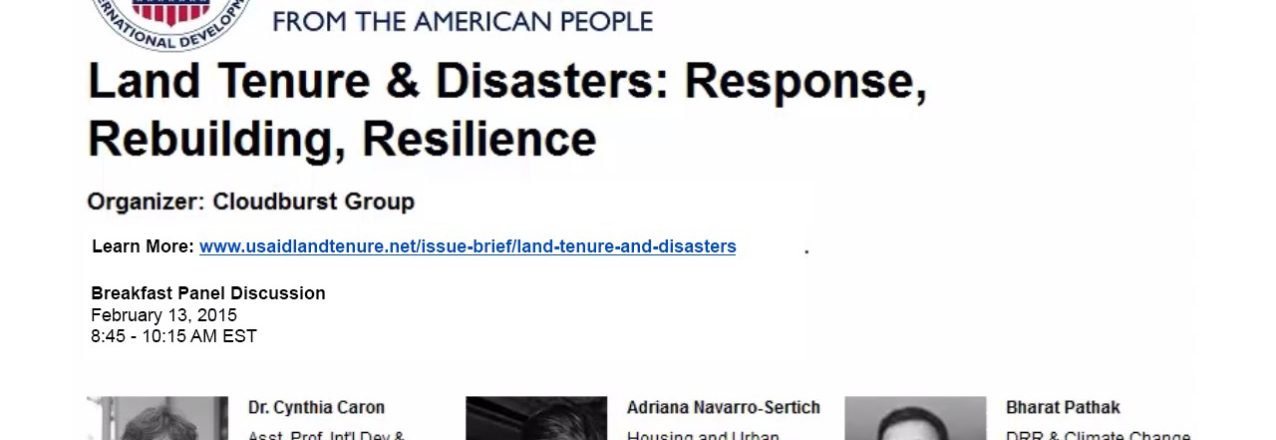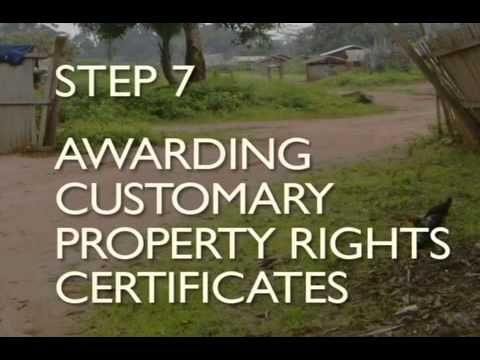MODULE # 1: Introduction to Land Tenure and Property Rights
This film--first in a series of nine training modules--introduces ways in which land tenure and property rights issues intersect with those relating to economic growth, food security, natural resource management, climate change, and conflict. It describes the populations that are most affected by land-related challenges and issues and identifies some of the diverse actors, who are working with governments across the world to solve land-related challenges. Finally, the film lists some of the drivers of tenure insecurity and the global pressures that make this issue relevant today.
MODULE # 2: Definitions of Key Concepts and Terms, Land Tenure and Property Rights
This film--second in a series of nine training modules--provides definitions and examples for key concepts and terms frequently used in the land tenure and property rights sector. By providing a clear set of definitions, this film provides the foundation for a shared understanding of language used through the film series and in the land tenure and property rights sector.
MODULE # 3: Tenure and Economic Growth
This film--third in a series of nine training modules--explains ways that land tenure and property rights contributes to economic growth at the household, community, and country level. It identifies some of the economic benefits that accrue when an individual or community has strong property rights and names strategies that are used to increase tenure security and promote economic growth.
MODULE # 4: Tenure and Food Security
This film--fourth in a series of nine training modules--explains ways that land tenure and property rights bolster food security at the household, community, and country level. It identifies food security benefits that accrue when women and men have strong property rights and names strategies that are used to increase tenure security and improve food security.
MODULE # 5: Tenure and Natural Resource Management
This film--fifth in a series of nine training modules--explains ways that land tenure and property rights contribute to the sustainable management and conservation of natural resources at the community and country level. It identifies natural resource benefits that accrue when individuals and communities have strong property rights and names strategies that are used to increase tenure security and improve management of natural resources.
MODULE # 6: Tenure and Climate Change
This film--sixth in a series of nine training modules--explains ways that land tenure and property rights impact climate change adaptation and mitigation at the community and country level. It identifies climate change adaptation benefits that accrue when individuals and communities have strong property rights and names possible strategies that are used to increase tenure security and adapt to climate change.
MODULE # 7: Tenure and Conflict
This film--seventh in a series of nine training modules--explains ways that land tenure and property rights can contribute to conflict situations at the household, community and country level. It identifies possible benefits of reduced conflict that accrue when individuals and communities have strong property rights and names strategies that are used to increase tenure security and mitigate land-related conflict.
MODULE # 8: Principles and Tools for Creating Tenure Security
This film--eighth in a series of nine training modules--describes tools produced for and used by USAID, to strengthen property rights and resolve land tenure issues. It also identifies where these and other tools are located.
MODULE # 9: Conclusion
This film--ninth in a series of nine training modules--summarizes the entire land tenure and property rights training film series.





